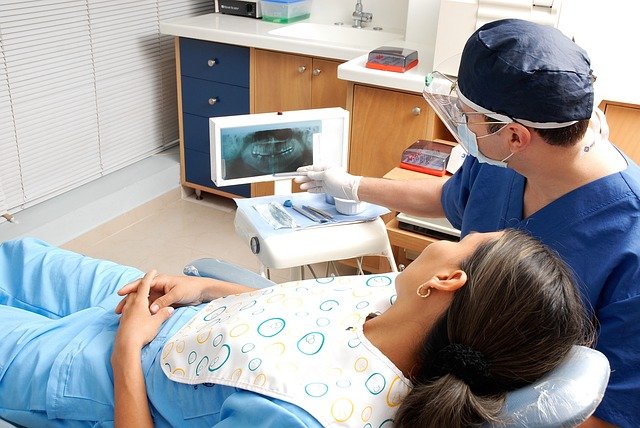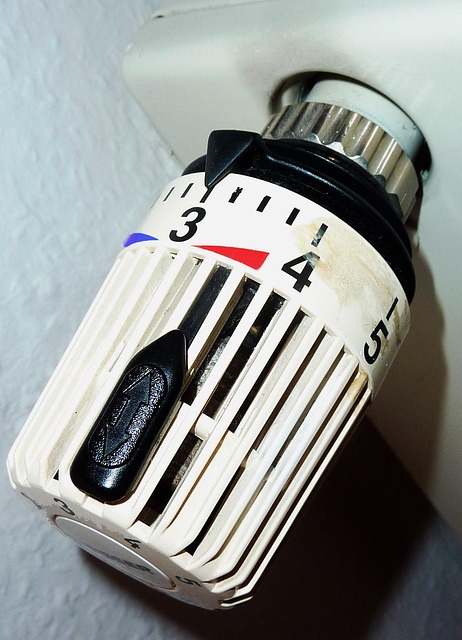Dental Implant Costs in the UK for 2025: What to Expect
Dental implants have become an increasingly popular solution for tooth replacement in the UK, offering a permanent alternative to dentures and bridges. As we move into 2025, understanding the financial investment required for dental implants is crucial for anyone considering this treatment. The cost of dental implants varies significantly across the UK, influenced by factors such as location, clinic reputation, implant type, and additional procedures required. This comprehensive guide explores current pricing trends, factors affecting costs, and what patients can realistically expect to pay for dental implant treatment in 2025.

The landscape of dental implant treatment in the UK continues to evolve, with costs reflecting advances in technology, materials, and techniques. Unlike many dental procedures, implants represent a significant financial commitment that requires careful planning and consideration.
What Are Dental Implants and Why Are They Growing in Popularity?
Dental implants are titanium posts surgically placed into the jawbone to replace missing tooth roots. Once integrated with the bone, they support crowns, bridges, or dentures, providing a stable and long-lasting solution for tooth loss. The popularity of dental implants has surged due to their durability, natural appearance, and ability to preserve jawbone structure.
The growing acceptance of implants stems from their success rates, which exceed 95% in most cases. Unlike traditional dentures, implants do not slip or require adhesives, and they allow patients to eat, speak, and smile with confidence. Additionally, implants can last decades with proper care, making them a cost-effective long-term investment despite higher initial costs.
Understanding Current Dental Implant Costs in the UK
Dental implant costs in the UK vary considerably depending on multiple factors. A single dental implant typically ranges from £1,500 to £3,000, while the crown that sits on top adds another £800 to £1,500. Full mouth reconstructions can cost between £15,000 and £30,000, depending on the number of implants required and the complexity of the case.
Private treatment dominates the implant market, as NHS coverage is limited to exceptional circumstances. Most patients pay privately, though some dental practices offer payment plans to make treatment more accessible. The total cost includes the implant fixture, abutment, crown, and associated surgical procedures.
Key Factors Affecting Dental Implant Prices in 2025
Several factors influence dental implant pricing across the UK. Geographic location plays a significant role, with London and Southeast England typically commanding higher prices than northern regions. Clinic reputation and surgeon experience also impact costs, with specialist oral surgeons often charging premium rates.
The type of implant system used affects pricing, with premium brands like Nobel Biocare and Straumann costing more than alternative systems. Additional procedures such as bone grafting, sinus lifts, or tooth extractions increase overall treatment costs. The complexity of individual cases, including the number of implants needed and the condition of existing teeth and gums, significantly influences final pricing.
| Provider Type | Single Implant Cost | Full Mouth Cost | Additional Services |
|---|---|---|---|
| High-Street Chains | £1,500 - £2,200 | £15,000 - £22,000 | Payment plans, guarantees |
| Specialist Clinics | £2,000 - £3,000 | £20,000 - £30,000 | Advanced procedures, premium materials |
| Hospital Departments | £1,800 - £2,500 | £18,000 - £25,000 | Complex cases, medical backup |
| Independent Practices | £1,600 - £2,400 | £16,000 - £24,000 | Personalized care, flexible scheduling |
Prices, rates, or cost estimates mentioned in this article are based on the latest available information but may change over time. Independent research is advised before making financial decisions.
The cost variation between providers reflects differences in overhead costs, materials used, and service levels provided. High-street chains often offer competitive pricing through volume purchasing and standardized procedures, while specialist clinics justify higher costs through expertise and premium materials. Hospital departments provide additional medical support for complex cases, while independent practices offer personalized service and flexible treatment options.
Insurance coverage for dental implants remains limited, with most policies excluding cosmetic procedures. However, some comprehensive dental plans may provide partial coverage for implant treatment, particularly when medically necessary. Patients should carefully review their insurance policies and consider supplemental dental coverage if planning implant treatment.
Financing options have expanded significantly, with many clinics offering interest-free payment plans or partnerships with healthcare finance companies. These arrangements can spread costs over 12 to 60 months, making treatment more accessible to patients who cannot pay upfront costs.
The quality of materials and technology used in implant treatment continues to improve, with newer systems offering better integration and longevity. While premium implant systems cost more initially, they often provide superior long-term outcomes and may prove more economical over time.
As the dental implant market matures, competition among providers has helped stabilize pricing while improving service quality. Patients benefit from increased choice and transparency in pricing, though careful research remains essential when selecting treatment providers.
This article is for informational purposes only and should not be considered medical advice. Please consult a qualified healthcare professional for personalized guidance and treatment.




